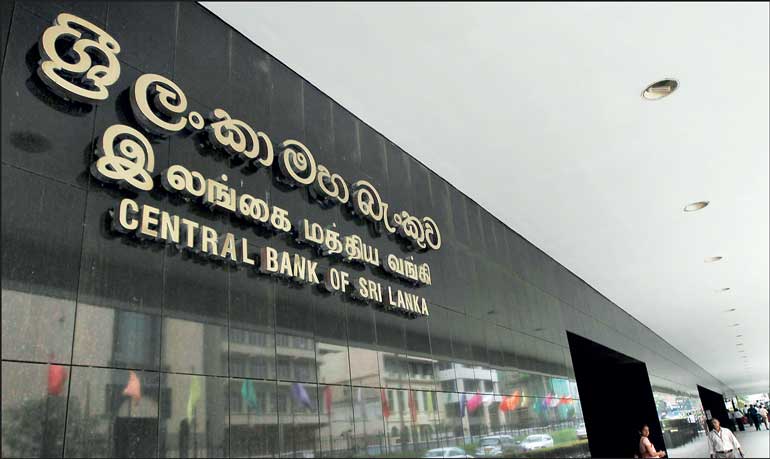Saturday Feb 21, 2026
Saturday Feb 21, 2026
Friday, 8 March 2024 00:50 - - {{hitsCtrl.values.hits}}

 Reports of substantial salary hikes at the Central Bank of Sri Lanka (CBSL) raise concerns regarding the economic implications of these decisions. Led by Governor Dr. Nandalal Weerasinghe, the CBSL has defended these raises as lawful under the Central Bank Act, citing the need for competitive salaries to retain skilled personnel. However, several economic arguments suggest that these salary increases may not be in the best interest of economic stability in the nation.
Reports of substantial salary hikes at the Central Bank of Sri Lanka (CBSL) raise concerns regarding the economic implications of these decisions. Led by Governor Dr. Nandalal Weerasinghe, the CBSL has defended these raises as lawful under the Central Bank Act, citing the need for competitive salaries to retain skilled personnel. However, several economic arguments suggest that these salary increases may not be in the best interest of economic stability in the nation.
n The salary hikes at the CBSL could set a precedent for similar demands across the economy. Trade unions have already seized upon this case to press for wage increases for their members. As the public sector often sets the tone for wage-setting practices, the CBSL’s actions risk undermining its primary mission of maintaining price stability. Widespread wage increases could fuel inflationary pressures, ultimately eroding the purchasing power of consumers and destabilizing the economy.
nThe credibility of the Central Bank in maintaining price stability has been severely compromised by the decision to increase staff remuneration. High inflation effectively rewards CBSL staff with higher wages funded by seigniorage, creating a moral hazard problem; that is, the tendency of the insured to take risks over and above that which would be taken without the insurance.
n While the Governing Board of the CBSL has jurisdiction over staff remuneration, it’s important to recognise that the Central Bank operates as a regulated monopoly. The CBSL Act explicitly states that remuneration for the Governor and staff should not be based on the bank’s profits or revenues (s. 21(3) and s.23(2)). Therefore, Parliament must exercise oversight over staff remuneration to ensure alignment with the primary mission of price stability for the Bank.
In conclusion, while competitive salaries are important for retaining skilled personnel, the recent decision to award significant salary increases at the Central Bank of Sri Lanka raises valid economic concerns. As the guardian of price stability and economic wellbeing, it’s time for the Central Bank to carefully consider the broader economic implications of its remuneration policies to ensure alignment with its statutory obligations.
The writer is Professor of Finance in the School of Business at the University of New South Wales and based at the Australian Defence Force Academy in Canberra.